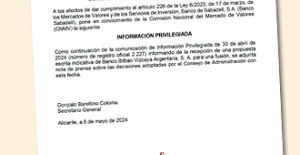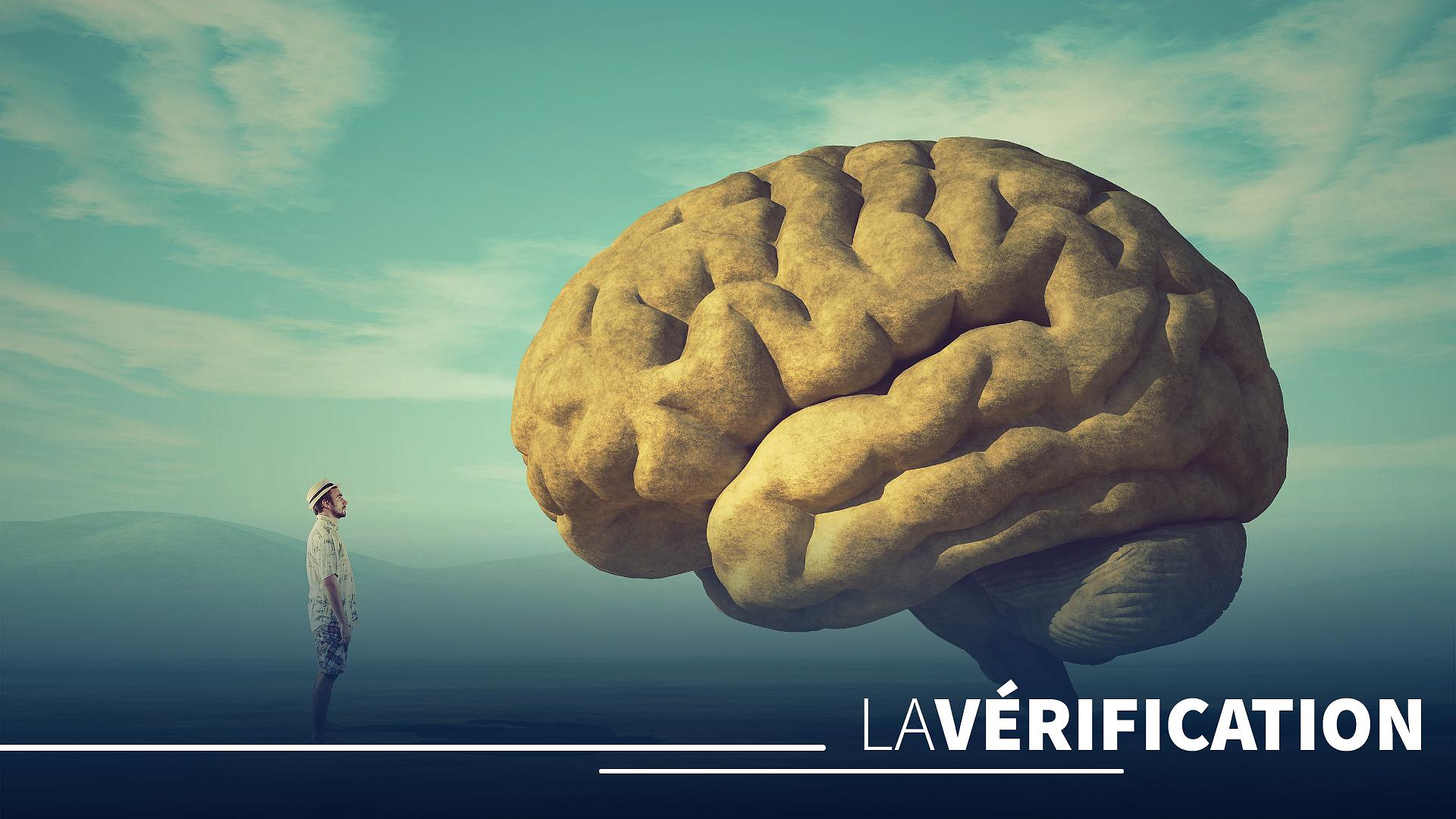“In three weeks of vacation, we lose 20 points of intelligence quotient, I can’t tell you the disaster!” The assertion of Dr Frédéric Saldmann in front of Léa Salamé, in the program “Quelle époque” broadcast on Saturday on France 2, did not seem to want to leave room for doubt. “You say that we become stupid after three weeks of vacation, and I must say that you are right,” said the presenter. In his latest work, Your future on prescription, join the new health revolution, the cardiologist, nutritionist, business manager and author of multiple successful books writes it bluntly: “At vacation time, inactivity, heat and excesses quickly “soften” our intellect.” And continues: “German scientists have noted that the “stunning” observed during periods of relaxation, such as weekends or holidays, results in changes in language.”
But can time off really have such a severe impact on our cognitive abilities? And if this effect exists, is it irreversible?
We must first clarify what the intelligence quotient, or “IQ”, really is. This is the result of a psychometric test, carried out by a psychologist at the same time as other tests allowing an overall assessment of an individual's cognitive functioning. An IQ alone does not say much, and it should only be considered in relation to the results obtained by other individuals belonging to the same population, at the same time. In fact, IQ measures a deviation from the average. The test is calibrated so that this average is 100 and that the population is distributed approximately equally around this figure, 95% of individuals obtaining a score between 70 and 130. We can therefore already be surprised by the assertion by Frédéric Saldmann: an average individual, therefore at 100, who loses 20 IQ points after three weeks of vacation, would thus drop to 80... dangerously approaching intellectual deficiency!
Who are the “German scientists” cited by Frédéric Saldmann in support of his statement? Contacted by Le Figaro, the cardiologist replied that it was based on a study by a German researcher, Professor Siegfried Lehrl. The psychologist, who died last year, worked for a long time on the question of measuring intelligence, and notably developed tests which are still used today for questionnaires to assess the intelligence quotient. Siegfried Lehrl was therefore indeed a specialist on the subject. On the other hand, despite our efforts and those of a neurologist we contacted, we found no trace of any publication of a scientific study by Siegfried Lehrl on the effect of vacations on IQ. The Friedrich-Alexander University of Erlangen-Nürnberg, Germany, where the researcher worked, was also unable to provide a scientific article by the researcher on this subject. For Dr Saldmann, it could be that this study is a poster presented by the researcher at a scientific conference, or that the study is too old and written in German, which would prevent it from being found in the databases of scientific publications.
However, Siegfried Lehrl did claim that there was a reduction in IQ during the holidays in at least two press articles, one published in 2011 by the English daily The Daily Telegraph, and since cited by many online articles, the other published in 2008 in the German Internet magazine ChangeX. In ChangeX, he does talk about a “loss of 20 IQ points after three weeks”, but in the Telegraph he explains that “14 days of complete rest can be enough to lower your IQ by 20 points, which is more important than the difference between a brilliant student and an average one.”
Also read: All idiots? How to avoid making stupid decisions
In addition to these astonishing variations, the protocol which made it possible to obtain this result also seems surprising... “It was examined on people who were at the clinic for observation, it was like being on vacation. They lost five IQ points after just five days and 20 IQ points after three weeks. Or on average one IQ point per day,” says the psychologist in the interview given to the ChangeX website. According to him, the conclusion was obvious: vacations lower IQ. But can we really think that a patient under observation in a clinic has a profile comparable to that of a vacationer?
Dr. Saldmann sent us two other studies done on pupils and students. Researchers measured their cognitive abilities and showed that they declined during the holidays, particularly in mathematics. But apart from the fact that this measure of cognitive abilities is not a measure of IQ, transposing these results obtained from students to adults on vacation is not adequate, explains Professor Mathieu Ceccaldi, head of the adult neurology and neuropsychology department at the Timone hospital in Marseille: “this type of conclusion can only be based on converging results from several scientific studies published in peer-reviewed journals”. Indeed, each worker uses his intellect, but he is generally not at work to learn like students are. Being a little less effective in learning after a long period spent carrying out all other activities is not surprising, without taking into account the effect of possibly waning motivation.
“All studies present biases,” defends Frédéric Saldmann, specifying that in his work, he calls for larger-scale work. These studies are avenues for reflection, he argues, seeming to want to nuance his remarks more than in his writings or on television.
In addition to the fragility of the studies on which it seems to be based, IQ is in any case a concept to be handled with caution, underlines Professor Ceccaldi: “It is not an absolute concept, it varies depending on the type of test used. » Not to mention that “fluid intelligence can fluctuate because we can be slower or have difficulty concentrating with or without caffeine for example, depending on the time of day or depending on a lot of factors not controlled in these studies ".
As for the “holiday effect” on IQ fluctuations, “not all studies reported on students are congruent, and several of them even show gains in certain cognitive domains,” explains Professor Ceccaldi. On vacation as at work, we use our brain: playing a game of cards, finding our route to the beach, chatting with family or friends are indeed intellectual stimulations! Studies have shown that daydreaming is good for the brain, others that moments of disconnection are essential, not even to mention the beneficial effects of physical activity and the great outdoors.
And even if there were losses, “there is no reason to think that this loss is permanent. It is not a cognitive decline,” adds Professor Ceccaldi. In a report published in 2020 by the very serious journal The Lancet, many experts looked at the risk factors for cognitive loss. “Holidays are not part of it,” says Mathieu Ceccaldi. Stress, on the other hand, is one, among many others such as level of education or age. A study published in 2012 on the effect of retirement seemed to affect cognitive functioning. The authors, however, remained cautious: intellectual stimulation, social relationships, feeling of being useful or an active lifestyle could be factors explaining this association. However, in retirement or on vacation, nothing obliges us to do absolutely nothing, see nothing, enjoy nothing.

 Body warns BBVA that "the Government has the last word" in the takeover bid for Sabadell
Body warns BBVA that "the Government has the last word" in the takeover bid for Sabadell Finding yourself face to face with a man or a bear? The debate that shakes up social networks
Finding yourself face to face with a man or a bear? The debate that shakes up social networks Sabadell rejects the merger with BBVA and will fight to remain alone
Sabadell rejects the merger with BBVA and will fight to remain alone In Germany, the far left wants to cap the price of “doner kebabs”
In Germany, the far left wants to cap the price of “doner kebabs” The presence of blood in the urine, a warning sign of bladder cancer
The presence of blood in the urine, a warning sign of bladder cancer A baby whose mother smoked during pregnancy will age more quickly
A baby whose mother smoked during pregnancy will age more quickly The euro zone economy grows in April at its best pace in almost a year but inflationary pressure increases
The euro zone economy grows in April at its best pace in almost a year but inflationary pressure increases Children born thanks to PMA do not have more cancers than others
Children born thanks to PMA do not have more cancers than others Argentina: the street once again raises its voice against President Javier Milei
Argentina: the street once again raises its voice against President Javier Milei Spain: BBVA bank announces a hostile takeover bid for its competitor Sabadell
Spain: BBVA bank announces a hostile takeover bid for its competitor Sabadell New black series for Boeing: eleven injured after a plane went off the runway in Dakar
New black series for Boeing: eleven injured after a plane went off the runway in Dakar “The prices are astronomical”: to enjoy the Olympics with family, Sabrina spent... 8,000 euros
“The prices are astronomical”: to enjoy the Olympics with family, Sabrina spent... 8,000 euros Berry affair: Jeane Manson victim of a heart problem after a court hearing
Berry affair: Jeane Manson victim of a heart problem after a court hearing Venice Film Festival: Isabelle Huppert will chair the jury of the 81st festival
Venice Film Festival: Isabelle Huppert will chair the jury of the 81st festival Louvre: Delacroix’s “Liberty Leading the People” target of the Riposte Alimentaire collective
Louvre: Delacroix’s “Liberty Leading the People” target of the Riposte Alimentaire collective The Coubertin Spirit, Eternal Memory, Planet of the Apes... Films to watch this week
The Coubertin Spirit, Eternal Memory, Planet of the Apes... Films to watch this week Omoda 7, another Chinese car that could be manufactured in Spain
Omoda 7, another Chinese car that could be manufactured in Spain BYD chooses CA Auto Bank as financial partner in Spain
BYD chooses CA Auto Bank as financial partner in Spain Tesla and Baidu sign key agreement to boost development of autonomous driving
Tesla and Baidu sign key agreement to boost development of autonomous driving Skoda Kodiaq 2024: a 'beast' plug-in hybrid SUV
Skoda Kodiaq 2024: a 'beast' plug-in hybrid SUV The home mortgage firm rises 3.8% in February and the average interest moderates to 3.33%
The home mortgage firm rises 3.8% in February and the average interest moderates to 3.33% This is how housing prices have changed in Spain in the last decade
This is how housing prices have changed in Spain in the last decade The home mortgage firm drops 10% in January and interest soars to 3.46%
The home mortgage firm drops 10% in January and interest soars to 3.46% The jewel of the Rocío de Nagüeles urbanization: a dream villa in Marbella
The jewel of the Rocío de Nagüeles urbanization: a dream villa in Marbella Institutions: senators want to restore the accumulation of mandates and put an end to the automatic presence of ex-presidents on the Constitutional Council
Institutions: senators want to restore the accumulation of mandates and put an end to the automatic presence of ex-presidents on the Constitutional Council Europeans: David Lisnard expresses his “essential and vital” support for François-Xavier Bellamy
Europeans: David Lisnard expresses his “essential and vital” support for François-Xavier Bellamy Facing Jordan Bardella, the popularity match turns to Gabriel Attal’s advantage
Facing Jordan Bardella, the popularity match turns to Gabriel Attal’s advantage Europeans: a senior official on the National Rally list
Europeans: a senior official on the National Rally list These French cities that will boycott the World Cup in Qatar
These French cities that will boycott the World Cup in Qatar Football: mysterious serial attacks on footballers in Malaysia
Football: mysterious serial attacks on footballers in Malaysia Paris 2024 Olympic Games: “a shame”, “level 0 of music”… The choice of JUL deeply regretted on social networks
Paris 2024 Olympic Games: “a shame”, “level 0 of music”… The choice of JUL deeply regretted on social networks Real Madrid-Bayern Munich: “I feel bad”, Manuel Neuer a fallen hero
Real Madrid-Bayern Munich: “I feel bad”, Manuel Neuer a fallen hero Mercato: Nacho should leave Real Madrid at the end of the season
Mercato: Nacho should leave Real Madrid at the end of the season


















